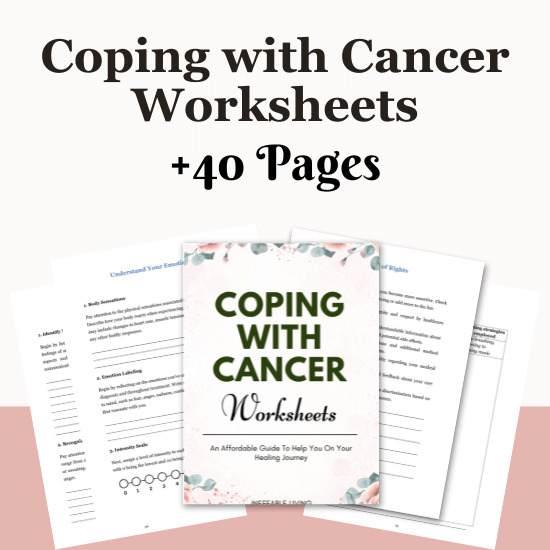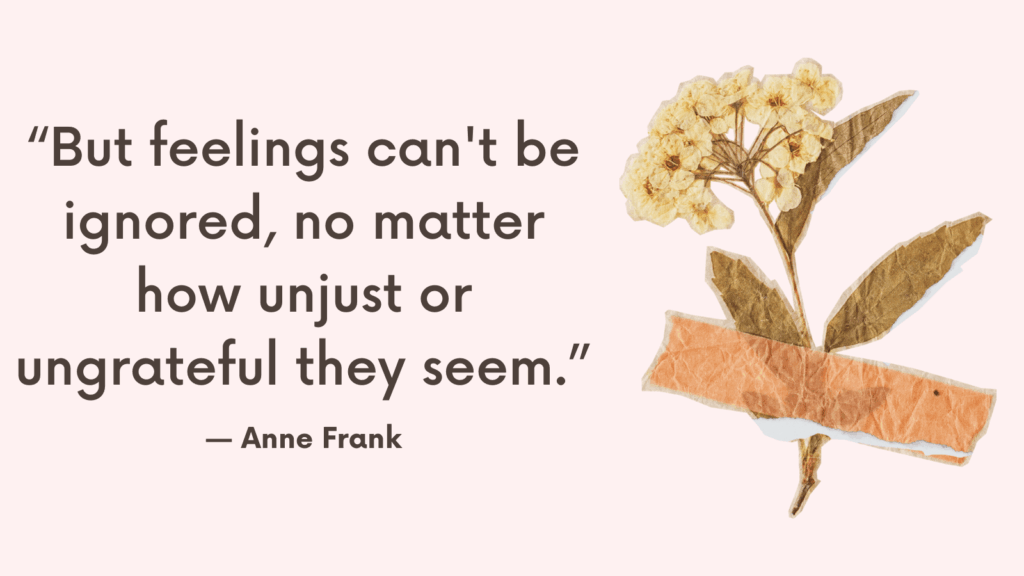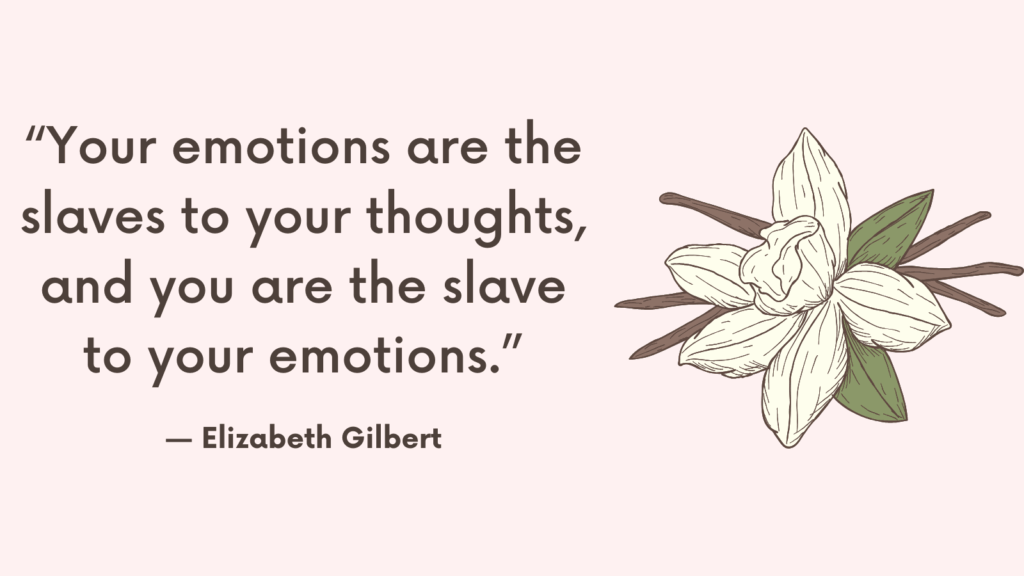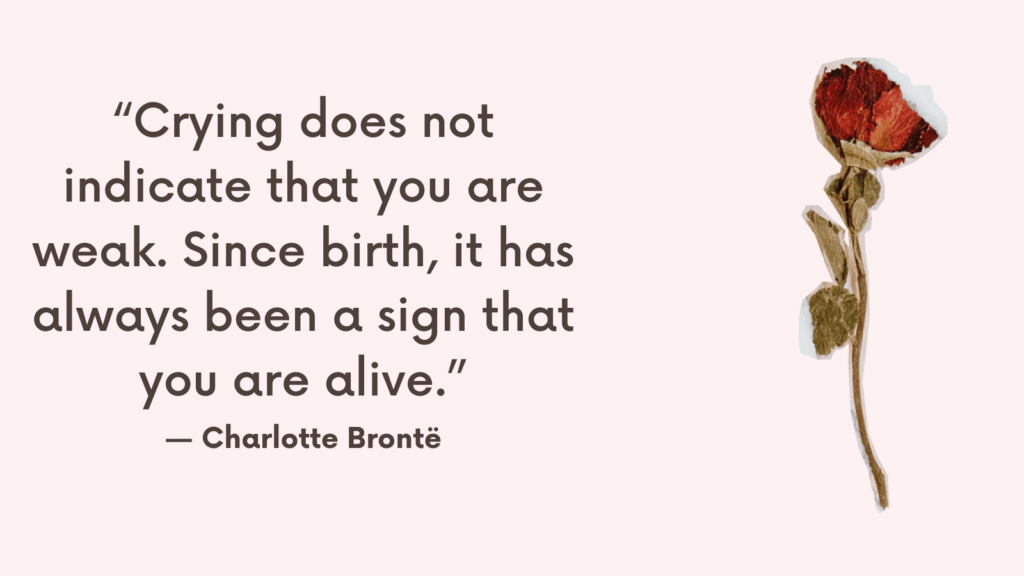Cancer is a physical battle—but it’s also an emotional one. The fatigue, grief, fear, and life changes that come with a diagnosis can easily evolve into more than sadness or stress. If you feel persistently low, emotionally numb, or detached from life, it might not just be exhaustion—it could be cancer-related depression. And naming it is the first step toward relief and healing.
You’re Not Just Tired: Understanding Cancer-Related Depression
1. Cancer-Related Depression Is More Than Feeling Sad
Everyone with cancer faces emotional ups and downs. But depression is different. It’s persistent, heavy, and impacts your ability to function or find joy—even when things are going “okay.”
2. It’s Not Just Because You’re Sick—It’s Chemical, Too
Cancer and its treatments can affect brain chemistry. Certain medications, pain, sleep loss, and inflammation can all trigger or worsen depressive symptoms.
3. You Might Struggle to Describe What You’re Feeling
Depression during cancer often feels like:
- Emotional flatness or numbness
- Hopelessness or disconnection
- Irritability or unexplained sadness
- Loss of interest in everything—even recovery
You may say “I just don’t feel like myself anymore.”
Related: High Functioning Depression Test (+Effective 3-Step Guide To Overcome High Functioning Depression)
4. It Can Be Hard to Talk About
People might expect you to be strong, brave, or grateful. This pressure can make you hide how low you actually feel. But pretending you’re okay won’t make the pain go away—it just isolates you further.
5. It’s Not a Weakness—It’s a Common Response to Trauma
Cancer is a trauma to your body, identity, and life plans. Depression is often your nervous system saying: “This is too much.” You’re not weak. You’re overwhelmed—and rightfully so.
6. Look Out for These Signs of Cancer-Related Depression
- You feel emotionally detached from loved ones
- You have trouble sleeping or sleep excessively
- You’ve lost interest in things you used to care about
- You feel helpless, hopeless, or numb
- You question the point of treatment or life
If these signs last more than two weeks, it’s time to reach out.
Related: Top 10 Signs of Silent Depression
7. Depression Can Affect Your Recovery
Left untreated, depression can make it harder to keep up with appointments, follow treatment plans, or maintain physical health. Your mental wellness is deeply tied to your physical healing.
8. Talk to Your Care Team—They Want to Know
You’re not burdening anyone. Oncologists, nurses, and therapists are trained to support your emotional health. Let them know how you’re really doing so they can help you find the right tools—therapy, medication, support groups, or gentle adjustments to your care plan.
9. You Deserve Joy—Even Now
Depression can make you feel like joy is out of reach or not allowed. But healing isn’t just about surviving—it’s about finding ways to live again. Small pleasures, quiet laughter, and emotional warmth still matter—and they’re still possible.
Related: What is Anxious Depression?
How to Cope with Cancer-Related Depression?
1. Acknowledge Your Feelings Without Judgment
Depression is a natural response to the fear, loss, and uncertainty cancer brings. Allow yourself to feel sadness, anger, or numbness without shame. Saying:
“It’s okay to feel this way. My emotions are valid.”
is the first step toward healing.
2. Communicate Openly With Your Medical Team
Discuss your mental health alongside your physical health. Oncologists and nurses can help adjust treatments or refer you to psycho-oncology specialists who understand the unique challenges of cancer-related depression.
3. Seek Professional Mental Health Support
A therapist experienced in chronic illness can provide coping tools, help process trauma, and offer emotional validation. Counseling can be individual, group-based, or even virtual.
4. Build a Support Network
Lean on trusted family, friends, or support groups. Sharing your experience reduces isolation and allows others to offer comfort, practical help, and hope.
5. Prioritize Gentle Physical Activity
Movement like short walks, stretching, or yoga—even on difficult days—can improve mood by releasing endorphins and reducing fatigue. Always check with your healthcare provider before starting new activities.
6. Establish Restorative Routines
Regular sleep, balanced meals, hydration, and relaxation practices support both your body and mind. Small, consistent habits create a foundation for emotional resilience.
7. Practice Mindfulness and Relaxation Techniques
Meditation, deep breathing, guided imagery, or listening to calming music help reduce anxiety and depressive symptoms. Even a few minutes daily can make a difference.
8. Set Realistic Goals and Celebrate Small Wins
Depression can make daily tasks feel overwhelming. Break activities into manageable steps and acknowledge every accomplishment, no matter how small.
9. Limit Exposure to Overwhelming Information
Stay informed but avoid excessive news or online content about cancer that triggers anxiety or hopelessness. Focus on reliable sources and balance information intake with uplifting activities.
10. Consider Medication When Appropriate
For some, antidepressants or other medications may be necessary. Consult your doctor to discuss options, benefits, and side effects, especially in the context of cancer treatments.

Conclusion
If you’re feeling empty, numb, or hopeless after a cancer diagnosis, you are not alone—and you are not failing. Cancer-related depression is real, common, and treatable. You’re allowed to struggle. And you’re allowed to ask for help. Because you’re not just fighting cancer—you’re fighting for your whole self. And that self deserves care, tenderness, and light—especially in the dark.



